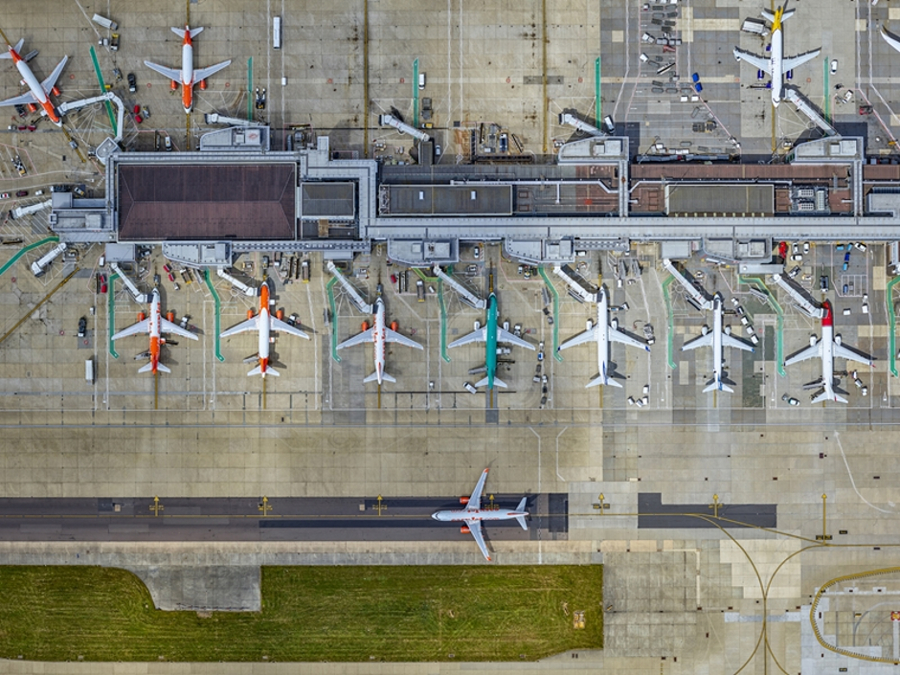Drone sightings at Gatwick Airport grounded flights and caused major delays to thousands of travellers hoping to get away during the 2018 Yuletide break.
First sightings were reported on December 19, with the airport adamant that ‘there were multiple confirmed sightings of drone activity at the airport’. The airport announced resumption of flights on December 21, adding that its ‘patrols and surveillance systems…have provided us with reassurance necessary that it is safe to re-open our airfield’.
Gatwick reported that it was back to a full schedule of 785 flights by December 22, but the airborne threat reappeared again last week when Heathrow Airport temporarily halted flights following the sighting of a drone.
According to the Metropolitan Police, ‘significant resources, both in terms of officers and equipment, were deployed to monitor the airspace around Heathrow and quickly detect and disrupt any illegal drone activity’.
“Our priority is keeping the airspace over London's airports safe for the thousands of planes flying in and out every week,” said Met Police Commander Stuart Cundy. "Any deliberate acts to endanger the airfield and aircraft are serious offences that can carry lengthy prison sentences. If flown into the path of an aircraft, a drone has the potential to cause great harm to those on-board. Anyone caught illegally operating drones will be dealt with robustly.”

In response to the disruption, the government said that police will be given power to land drones and require users to produce the proper documentation. The police will also be able to search premises and seize drones where a serious offence has been committed. At the Home Office, counter drone technology is set for test and evaluation.
A quick Google search shows that a drone can be purchased from a large UK retail outlet for as little as £30, so what action should be taken to prevent people from flying their new acquisition in sensitive areas?
For 42 per cent of respondents, telecommunications-based tech would solve the problem, followed by 31 per cent who advocate aerial interception. Despite their relative ubiquity, just under a fifth of respondents (18 per cent) think drones should be licensed and operators security vetted. Four per cent think no extra action is necessary and the remaining five per cent opted for none of the above.
In the numerous comments that followed, Tim said: “The better drones (maybe 0.3kg, £400) have GPS and airport zones built into the controls and therefore limit their own height and return to take-off location if they lose signal. From a legislation point of view, having that requirement on all drones over a “tiny toy” size would solve anyone accidentally causing problems if all is functioning OK. If it malfunctions then signal jamming would force it to return to take-off location (or at least to start to go home, so police know which direction to go).”
Tim added that legislation means nothing to those using drones for nefarious intent, a sentiment that resonates throughout comments. What do you think? Keep the conversation alive in Comments below, but please familiarise yourself with our guidelines for comment content before submitting.





Glasgow trial explores AR cues for autonomous road safety
They've ploughed into a few vulnerable road users in the past. Making that less likely will make it spectacularly easy to stop the traffic for...